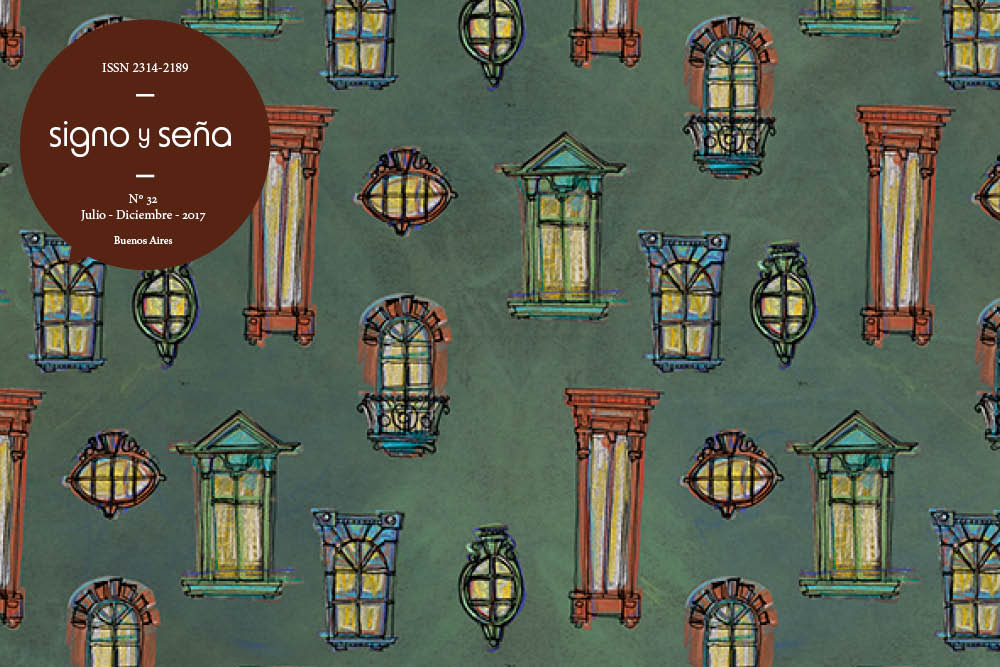Lunfardo and Parlache: two argots united by tango
Keywords:
Lunfardo, Parlache, tango, dictionary, argot and dialectal variety
Abstract
This paper shows, through a research of collection and lexical comparison, the influence of Lunfardo in the Parlache and its presence in the current lexicon in the city of Medellín, Colombia. In order to detect the presence of Lunfardo in the lexicon of the Parlache, an update of the argotic lexicon was made through interviews, questionnaires and life stories, with the purpose of reviewing and completing the database for a new version of the Parlache dictionary. For the comparison, a search was carried out in José Gobello and Irene Amuchástegui’s dictionary, Ideological Vocabulary of Lunfardo (1998) and in the Oscar Conde’s Etymological Dictionary of Lunfardo (2010), whose voices were compared with those that are equivalent or similar in the Luz Stella Castañeda and José Ignacio Henao’s Dictionary of Parlache Use (2015). The result of the comparison is presented in tables, taking into account the dictionary with which it is contrasted the definition in Parlache, an example in context and the meaning in Lunfardo and, finally, it is indicated if it has the same meaning or a similar one in the two argotic varieties.Downloads
Download data is not yet available.
How to Cite
Castañeda Naranjo, L. S., & Henao Salazar, J. I. (1). Lunfardo and Parlache: two argots united by tango. Signo & Seña, (32), 44-61. https://doi.org/10.34096/sys.n32.4109
Issue
Section
Dossier. Lunfardo as common group slang
- Authors keep the copyright and give the journal the right of the first publication, with the work registered with the Creative Commons Attribution-ShareAlike 4.0 International License, which allows third parties to use what is published whenever they mention the authorship of the work and the first publication in this magazine.
- Authors can make other independent and additional contractual agreements for the non-exclusive distribution of the article published in this journal (eg, include it in an institutional repository or publish it in a book) as long as they clearly indicate that the work It was published for the first time in this magazine.
- Authors are allowed and recommended to publish their work on the Internet (for example on institutional or personal pages).

















